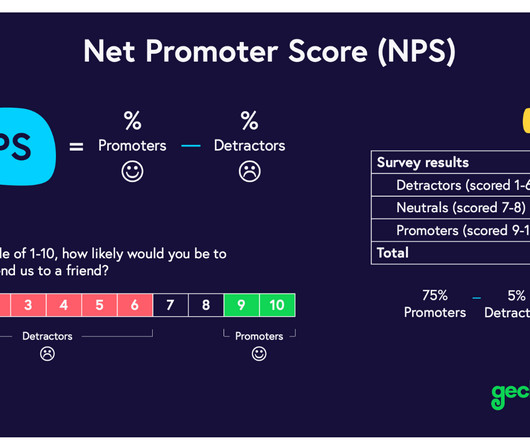TikTokers Claim Eating Raw Garlic Improves Acne, Here’s What It Can Do
Forbes Healthcare
JUNE 22, 2024
Will eating raw garlic help get rid of your acne as some on TikTok claim? Here is what's known and not known about the health benefits of garlic.

Forbes Healthcare
JUNE 22, 2024
Will eating raw garlic help get rid of your acne as some on TikTok claim? Here is what's known and not known about the health benefits of garlic.

Sensible Medicine
JUNE 22, 2024
Recently, a colleague of mine switched institutions. He works as a faculty in cardiology, and attends on service with fellows. Over the course of the year, he gives scattered lectures on the interpretation of clinical trials. I think it is fair to say he has similarities to John Mandrola— a consummate cardiologist and clear evidence based thinker.
This site is protected by reCAPTCHA and the Google Privacy Policy and Terms of Service apply.

Forbes Healthcare
JUNE 22, 2024
There is now compelling evidence that we can successfully treat both ears with this gene therapy.

KevinMD.com
JUNE 22, 2024
When you have been reviewing physician employment agreements for nearly four decades, you tend to get a little jaded about the possibility of ever seeing reasonable compensation for physicians. Although I am continually preaching to the choir about the need for reasonable physician compensation, I rarely see something that gives me encouragement that physicians may Read more… The tiniest ray of hope for reasonable physician compensation?

Forbes Healthcare
JUNE 22, 2024
A higher abundance of beneficial bacteria in your intestines not only protects you from stomach issues but is also associated with an added layer of protection against infections.

Forbes Healthcare
JUNE 22, 2024
Understanding the connection between heart and brain health may one day enable early screening for Alzheimer’s and other forms of dementia through routine blood tests.
Let's personalize your content